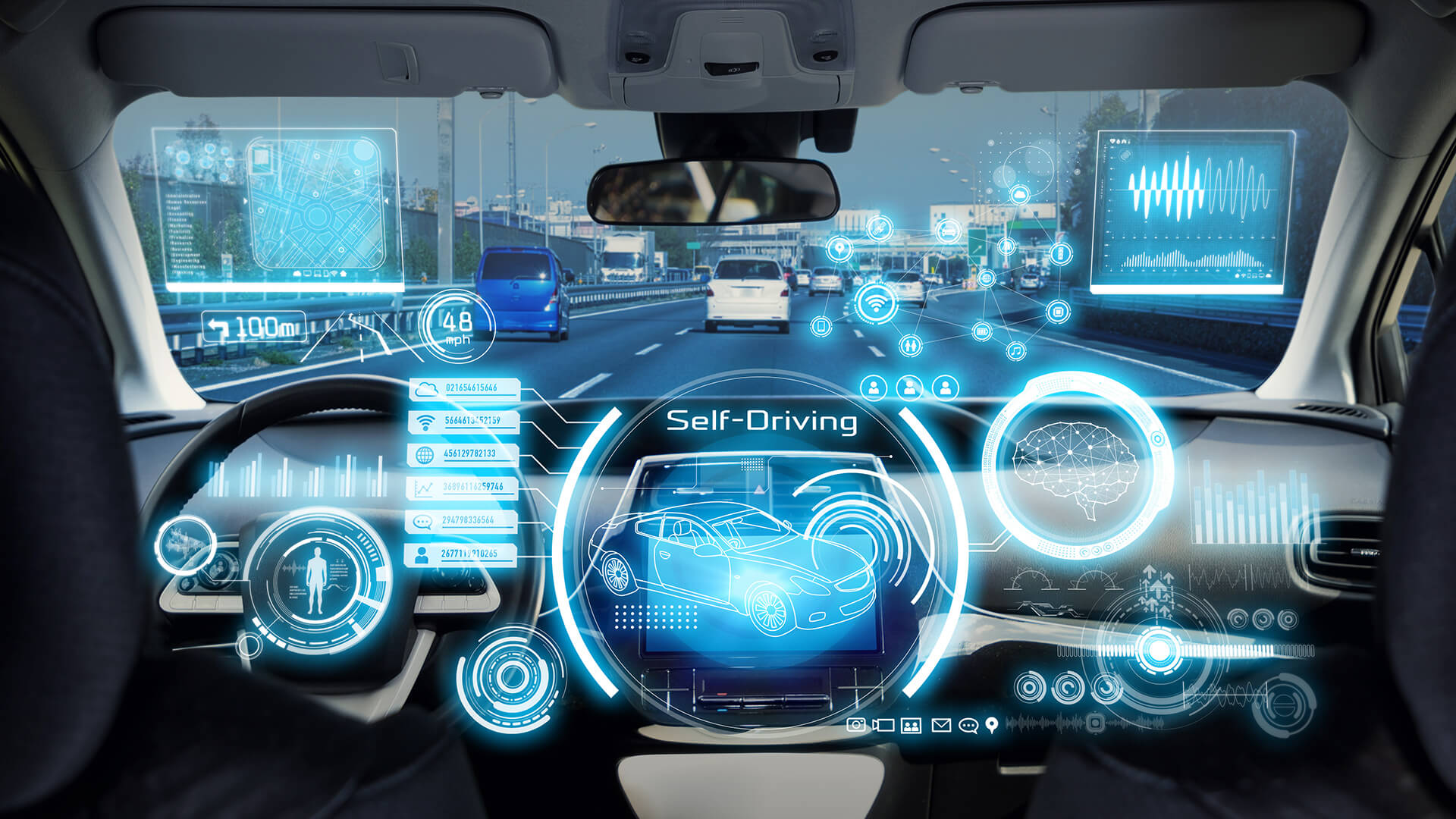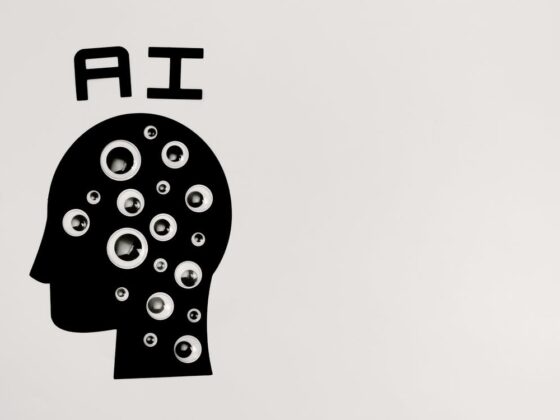Self-driving cars sound great on the surface.
We’re living in an era where technology is advancing quickly and doesn’t always take into consideration the idea that things might be moving TOO fast. Instead of getting into the vast array of technological advances that have come along in the last few decades though, we’re going to focus on self-driving cars for the moment, since the truth is that a lot of people are for this idea and, to be fair, it’s not the worst idea to ever come along, but it is one that needs to be given a great deal of attention since slipping into the comfort that technology affords us isn’t always the best idea. When it comes to driving, it’s easy to admit that some folks like to do it and others aren’t too keen on it.
Let’s be honest, the fact is that driving can take a toll on the body depending on how much one has to do it. A trip here, a trip there, that’s not too tough since it doesn’t require much time spent in one position. But if one has to drive for hours at a time due to their job and where it takes them, it can be kind of a drag. Just think of the last time you took a long trip and how it felt to sit in the car for an hour or more. Amazingly enough it can make a person tired, possibly sore, and even ready to stop and relax for a while. It varies from person to person since some folks can drive for hours with minimal time to stop and relax, while others can’t stand driving to the store and back. But here’s where the thrust of the article comes in, since one has to assume that if there was a system that could perform the act of driving, a lot of people would jump on it.
But is this the best idea, really? It’s hard to argue against the convenience of it since if a vehicle could be programmed to study, learn, and even anticipate any deviations in the trip, it would take a lot of the guesswork out of driving and people might not get lost or might not find themselves in heavy traffic a lot of the time. Seriously, when armed with GPS and the type of AI that might be able take over the task of driving, it might be that a person’s car would become more akin to a taxi as a person could input the address and then just sit back and enjoy the ride. It’s tough for some people to think of why it would be such an issue when it comes embracing this technology, but others that don’t see technology in the same light, and will ask questions every chance they get, this is the time to start asking if this is really a great idea.
There are plenty of pros to the use of AI.
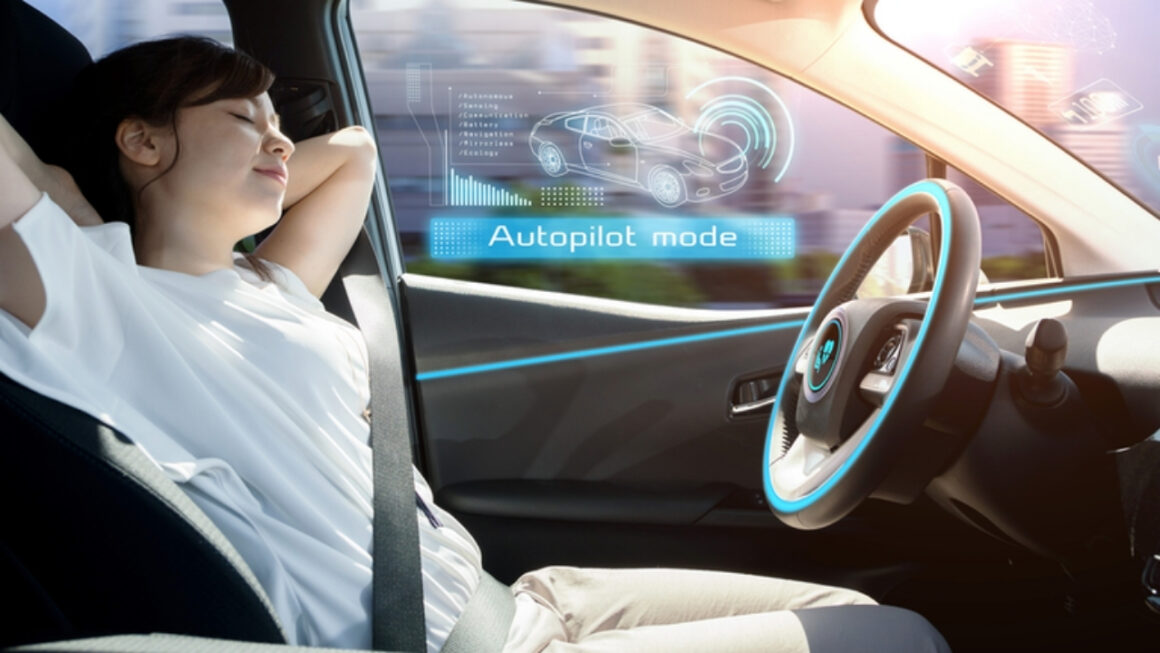
Thinking about it and trying to be even-handed, there are pros to consider such as:
- No human error: This is a big one since humans are known to make mistakes and have several reasons for doing so. So long as humans are the ones doing the programming, there might always be some human error, but with a learning, evolving AI, human error eventually becomes minimized.
- Productivity can be increased: Think of all the time that is lost while driving to the office and from the office. By being able to trust in an AI-controlled vehicle, a person could get more done on a mobile device or even on a laptop while on their way to the job. Plus, this could allow a person to truly relax while on their way to any destination.
- AI vehicles are more inclusive: There are plenty of people who can’t drive and therefore have to rely on public transportation or other people. Think about what this would mean for those who aren’t allowed to operate a motor vehicle for one reason or another. Being able to input a destination and letting the AI take over would be a great way to get people where they’re going.
- There are fewer overall risks: Drunk driving could become less of a problem, as machines do not become intoxicated. This could also help to minimize, if not eliminate, road rage, and could even allow people to just enjoy the ride in a calm and composed manner.
It feels like taking the human element out would be for the best. But one has to think that with every positive there is bound to be a negative.
There are still cons to using AI.
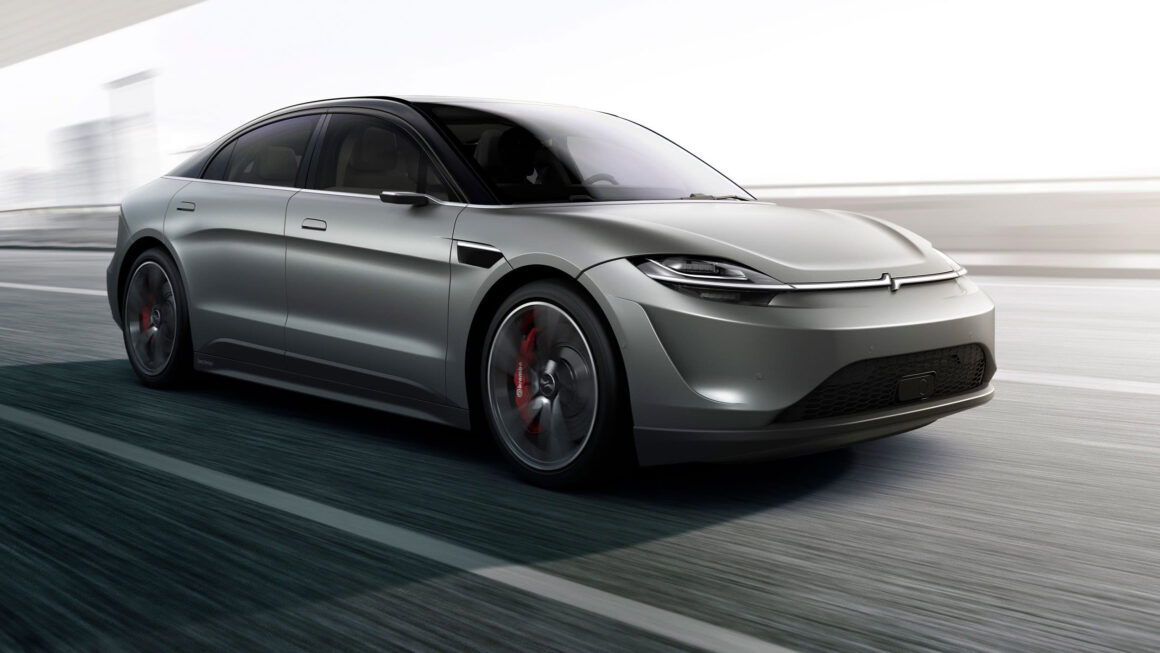
Relying too heavily on machines and AI isn’t something a lot of people are ready for, so there are a few cons that people like to bring up about such ideas, including:
- Unemployment could rise: It sounds like a lot of paranoia, as it could become a ‘the machines took my job’ kind of ordeal. But the truth is that there are still a lot of taxi, bus, Uber, Lyft, and other drivers out there that make a living by sitting behind the wheel and ferrying people around. The numbers are great enough that they would be noticed if they were replaced.
- People could forget how to drive: This sounds a bit silly as well. But how many of us have forgotten a skill once we spent enough time without performing it? Like it or not, driving is a necessary skill that can become dull as people forget over time. How many people out there can drive a car from the 60s or 70s after years of handling an automatic? Now compound that with an AI-driven car that doesn’t allow a person to drive at all. It doesn’t feel as though it would take long.
- Could they be hacked: It’s easy to think that people might be reading these concerns with a smile as they laugh at the paranoia, but it’s a valid concern. The more impressive the technology is, the more protection it requires to keep it safe from being hacked. Unfortunately, the bigger the challenge, the more likely it is that someone will try to disrupt it.
- Lack of acceptance: Like it or not, people are stubborn, and might not want to accept that this technological wonder is worth the cost, the risk, or the uncertain factors that they might not understand or even comprehend. Humanity is notorious for their bipolar approach to technology, since even while it’s accepted it’s bound to be fought against as well.
To be fair, it’s not hard to see why people would have doubts, since technology is useful, but it’s still something that needs a good deal of research to be made safe for everyone.
The safety measures taken do appear to be geared toward keeping the AI fully aware of any challenges the road might present.
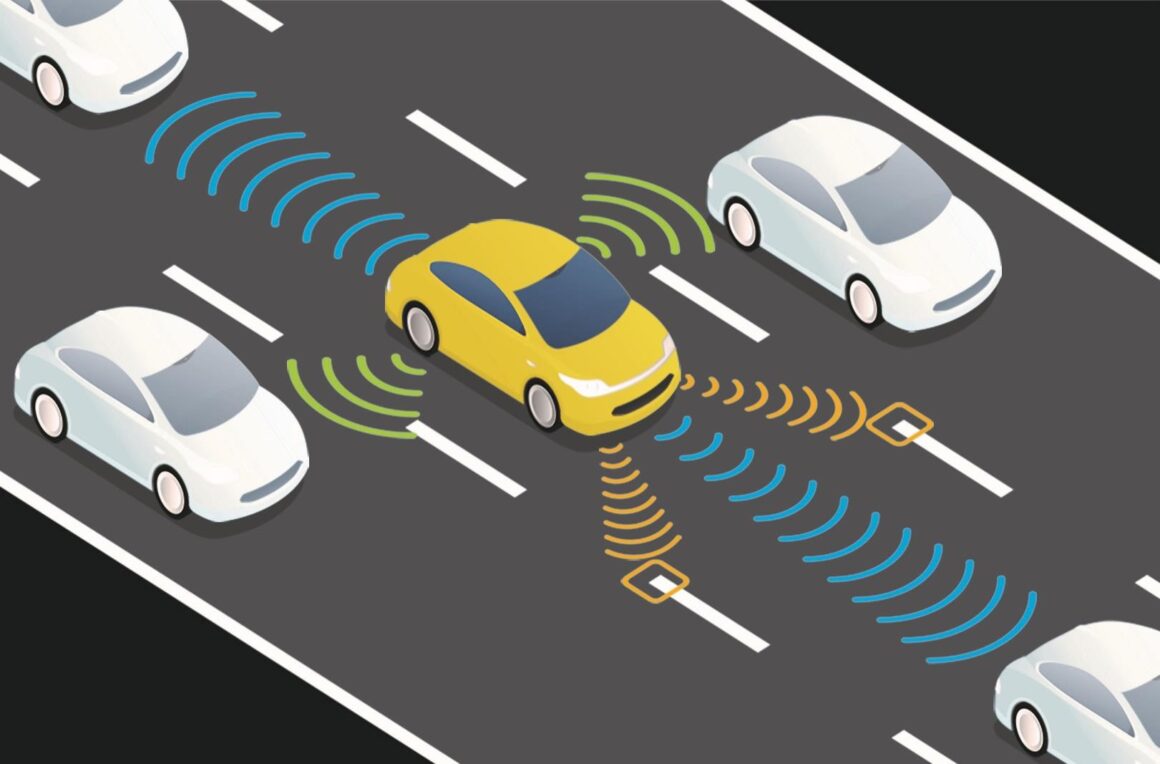
When driving one has to check their mirrors, keep in mind who is around them, where they are in traffic, etc. Inputting all this into an AI that would be responsible for not only knowing what’s going on within the car, but reacting to anything that might happen. One can imagine that on a road that’s dominated by AI cars would be safer, but also feels as though it could get crowded since with the ease of driving it feels as though more and more people might actually get out more often. The congestion that this might cause could be kind of an issue, but at the same time it does feel as though it wouldn’t be quite as annoying as always. Plus, if you’re not driving and can focus on other matters, would you really notice?
Putting your life into the hands of machines is nothing new.
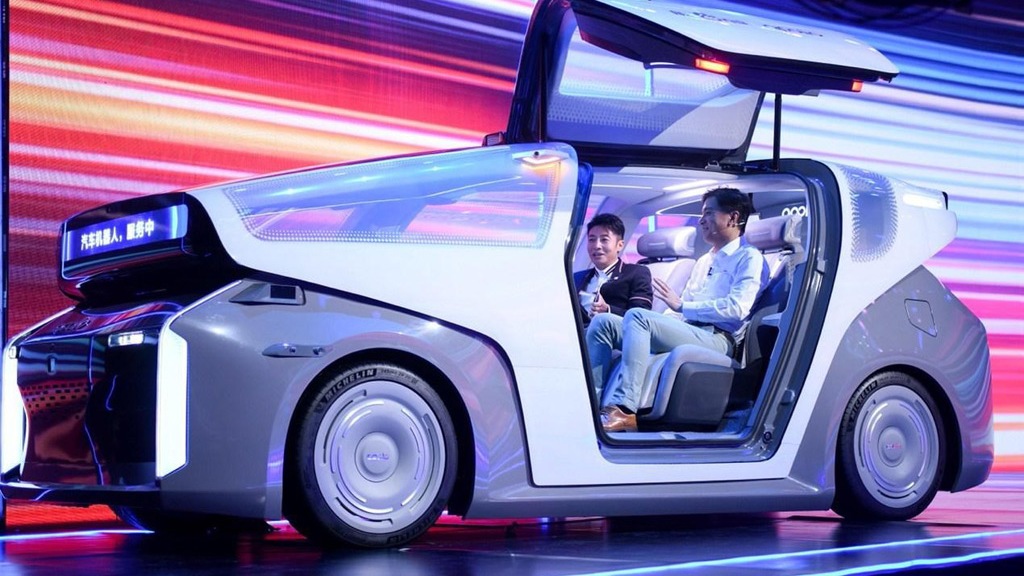
This is a bit different than most of the other things we do on a daily basis. It’s true that we rely heavily on machines already, but there’s a difference. We’re controlling the machines that speed us down the highway or through our neighborhoods and cities. The human element is still there, and it’s something that a lot of people can’t see themselves breaking away from. It could be that folks want to rely on themselves and their ability to navigate one route or another, or it could be paranoia brought on by one movie or another. It could also be that people are just stubborn and need to have the control that is a rite of passage in one way and a comfort in another. An AI guiding one’s vehicle could be a positive experience in a few ways, but it’s easy to state that people are still going to question the overall wisdom of it.
Mass transit might bring up a few other issues that need to be hammered out.
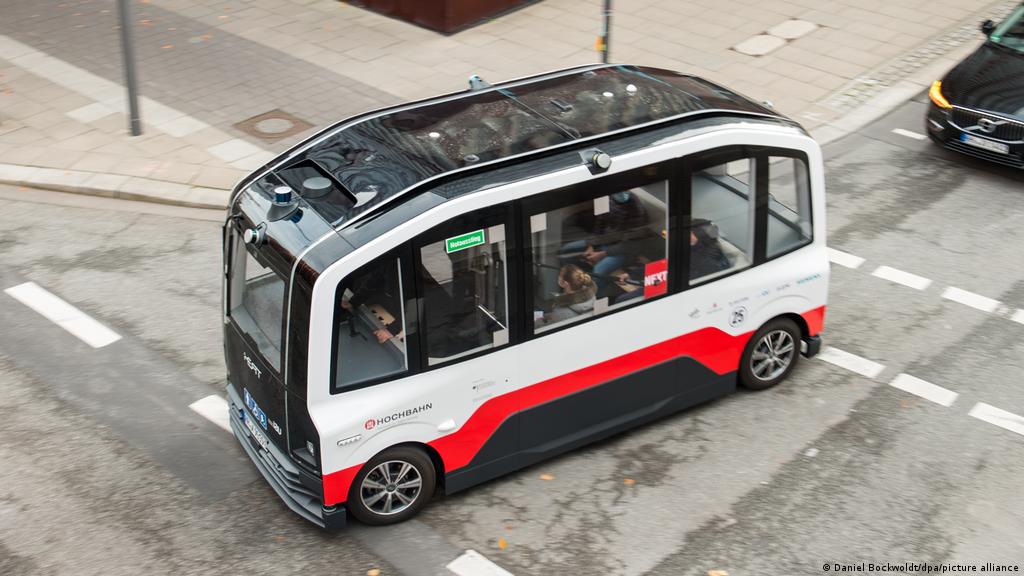
We want to trust machines, that’s evident, but there’s a difference between a conveyance that shuttles one to four or five people, and one that’s meant to shuttle a dozen or more around a given city or over a greater distance. The morality of this doesn’t appear to be that big of an issue with some people, but when a person thinks about the worst-case scenario it can’t help but be mentioned that relying on a machine that might be prone to errors in its programming could be a recipe for disaster. It’s only a though, but it’s one that has to be entertained for at least a few breaths when it comes to the safety of those that are relinquishing all control. Seriously, we give up control to anyone that we pay for ride, right? But between being able to reason with a human driver and having to endure a malfunctioning AI, a lot of people might not see it as a tough choice.
This is the future we’re looking at.

Let’s be honest, it’s not all doom and gloom and we’re not exactly looking at the rise of the machines as in the Terminator movies, but it’s a leap of faith at this time that a lot of people aren’t ready to fully embrace. Those that are ready and willing to endorse AI-controlled cars, buses, and other conveyances are bound to try and get the rest of us on board. But while it does sound like an interesting step forward, there’s a lot yet to be done to reassure the entire populace.
WTR? (Why’s That Radass?)
What you do think Radassers? Is the future a car without a driver at the helm? Or is it still necessary to keep the human element when it comes to navigating the roadways?
